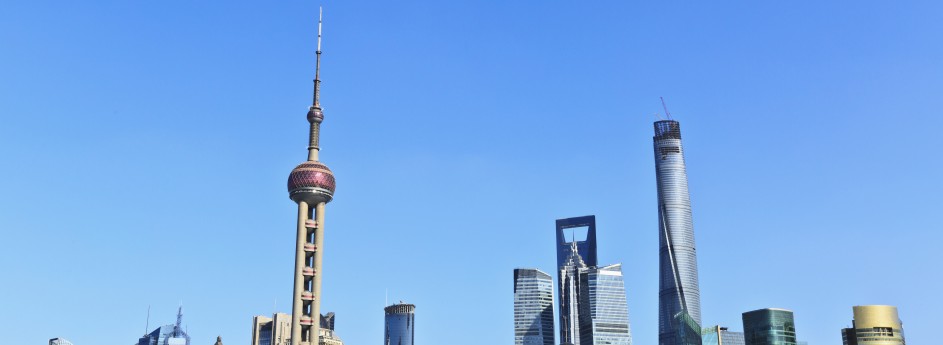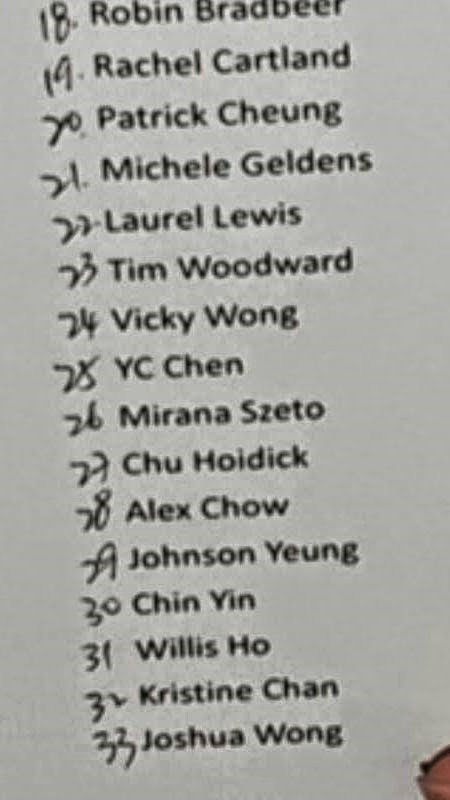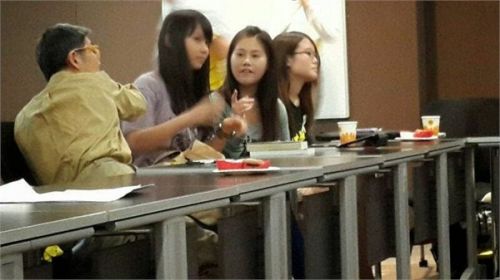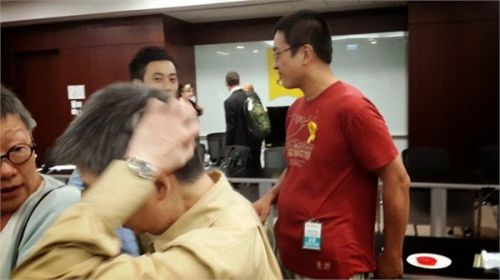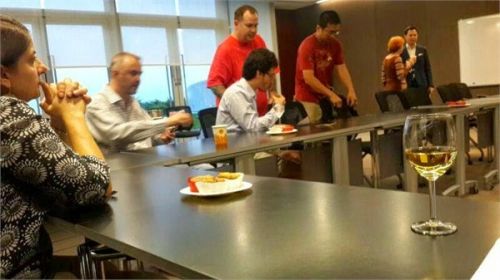Jihadi Uighurs Going to Indonesia for Terrorism Training
This Southeast Asian analyst does a fair job telling the story of extremist Uighurs traveling through Indochina to Indonesia for help in terrorism training and jihadi groups teaching them but he is off base about China’s policies in Xinjiang for which he presents a very distorted view.
Very critical of China’s ‘carrot and stick’ policies and ‘strike hard’ campaigns against jihadists and terrorist separatists in far west China, he urges the Chinese to take a page from the book of security services in Southeast Asia in uprooting terrorist groups. While a lot in the Southeast Asian experience can become reference points for reform in China’s anti-terrorist strategy and tactics, I extremely doubt whether political negotiations with secessionist groups is one of them.
http://atimes.com/atimes/Southeast_Asia/SEA-01-101014.html
– Asia Times Online
US General: East China Sea Interactions Safe
Compared to the Pentagon’s hyperbole and firebrand denunciations of the recent past, a reasonable assessment by a ‘hawkish’ US general for a change:
Interactions between Chinese, Japanese and U.S. aircraft in the area have been very safe to a large extent, said Herbert Carlisle, Commander of US Pacific Air Forces.
“The good news is that both nations, and the U.S. included, have been very good about staying separate and not getting into a case where we are too close or we risk miscalculation,” he told a group of reporters at the Joint Base Pearl Harbor-Hickam headquarters in Hawaii.
Carlisle said he believes Chinese leaders know this situation and they are addressing the matter. “They have made statements that they want to be safe, they know the cost of miscalculation and the tragedy that could happen,” he said.
China declared the zone last November, saying all aircraft entering the area must notify Chinese authorities and are subject to emergency military measures if they do not identify themselves or obey orders from Beijing. It said it would “identify, monitor, control and react” to any air threats or unidentified flying objects coming from the sea.
The zone includes a chain of islands — known as the Senkaku in Japan and the Diaoyu in China — that are controlled by Tokyo but also claimed by Beijing.
Carlisle said the zone has put Chinese planes and Japanese planes in close proximity more frequently as each flies inside what they consider to be their own air defense-identification zones.
– AP
US Political Influence Among Young Hong Kong Activists (Part II)
Disclosure, including pictures and minutes of a meeting early last month organized by Hong Kong 2020 (headed by Anson Chan) and the Civic Party’s English Language Group, has circulated widely over the Chinese language Internet over the recent past. Held in Room 502 of the Legco building on the evening of September 5th, “The Way Forward from the Young Generation’s Perspective” was attended by US officials, young student activists, notably Joshua Wong, Alex Chow, Yvonne Leung, and Agnes Chow, Civic Party members, and a host of Hong Kong based activists, local and foreign academics and media people.
Aside from US Consulate General official Dan Garrett who was mentioned in Part I, here is a partial list of other attendees (out of 33, perhaps more):
Jennifer Eagleton, lecturer, City University of Hong Kong
Gladys Li, lawyer
Lee Faulkner, CEO, Radio Chinwag
Steve Vines, political reporter/commentator
Margaret Ng, lawyer
David M. Webb, former non-executive director of the Hong Kong Stock Exchange
Elizabeth Bosher, former Economic Department official (at the US Consulate)
Rachel Cartland, former Financial and Economic Affairs Department official
Robin Bradbeer, director, Hong Kong Internet Management Co. Ltd.
Evan Fowler, director, Home Court News (translation?)
Sebastian Veg, researcher on politics, French Center for Research on Contemporary China
Michele Geldens, English teacher, Hotung Secondary School
Jenn Horgos, Hong Kong TV anchor
Suzanne Pepper, American China scholar
Yvonne Leung, president of the Hong Kong University Student Union
Agnes Chow, spokesperson for the high school student activist group Scholarism
Hoidick Chu, spokesperson for ‘Local Action’
David Zweig, chair professor, Division of Social Science, Hong Kong University of Science and Technology
YC Chen (陈允中), Assistant Professor, Division of Social Science, Hong Kong University of Science and Technology
Margaret Ng, Civic Party member and member of its Concerned Group on Article 45 (of the Basic Law)
among others. (see photos of partial list and of attendees at the session below)
Selected excerpts of the minutes of the meeting are quite revealing (the transcript is in Chinese and re-translated back into English by this author but the gist is conveyed): The group was very critical of the British government which proved reluctant to formally speak out on the issue for fear of China’s ire, they accused.
Dan Garrett: Reporting to my superiors back home on the current situation in Hong Kong and the progress of my work (here), Washington wants efforts to push civic and social forces in movements for democratic demands to be continued, especially, promoting and developing the role of the younger generation as pioneers in social movements…Currently, the struggle of various groups with the CPC has reached a critical juncture; it can easily explode. The US firmly supports the strike action of the students. We’re in close contact with Deng Meijing’s (Cantonese phonetics? 邓美晶) ‘Socialist Action’ to help drive the various protests of the Hong Kong Strike Alliance…The US will protect the student leaders, including (paying for) study and residence abroad.
Agnes Chow: Previously, the success of the “Anti-Patriotic Education” movement was due to a great extent to the help of the Civic Party. The National People’s Congress ‘lowered the floodgates’ (caved in). We can now focus on strike action in mid September but it will be difficult to organize middle school students to strike because they’re under aged, have (opposing) parents, and are pressured by their schools. We can hold ‘civic (action) classes’ to spread consciousness about civil disobedience…Strikes are a new form of civil disobedience, a new avenue that attracts the attention of the media and the public…
Yvonne Leung: At present, we’re striking within the universities, not only local students but also mainland and foreign students…(Foreign students) can’t be held legally responsible (in Hong Kong) and they have ample experience to share with us. We also hope they will join Occupy Central. If suppression occurs, I think the PLA will differentiate between Chinese and foreign students…Next Media has contacted many times about Occupy Central and the student class boycotts, and have provided financial assistance…
Margaret Ng: Currently, the educational efforts to oppose the decision of the NPC (on electoral reform) are not widespread. We have to promote it more in society so that parents will support and even join us just like during the Anti-Patriotic Education protest of the past…Whether political reform is successful or not, students will always be a guiding force in society going forward. The Civic Party has the responsibility of helping young people to protest against all injustices.
Elizabeth Bosher: Can’t wait any longer, they (Anson Chan and Martin Lee) went to England in July. Certain British government officials have asked them to make contact with plants inside the Independent Commission Against Corruption (ICAC) to counter the influence of Chinese corporations among the Hong Kong establishment and pro-mainland personalities.
YC Chen: The CPC believes in “power comes out of the barrel of a gun” but from the history of CPC rule, they’re most afraid of mass revolts and mass ‘firmness’ such as Xinjiang and Tibet. For Hong Kong to attain democracy, it must opt for violence, firmness; it must use illegal means and even shed blood to create a Hong Kong version of June 4th so that the CPC is forced to make concessions in political reform.
A Middle Eastern refugee brought to the meeting by YC Chen: Will call on the refugee community in Hong Kong to help Occupy Central. When the conditions are ripe, will set up a radical Islamic organization in Hong Kong.


